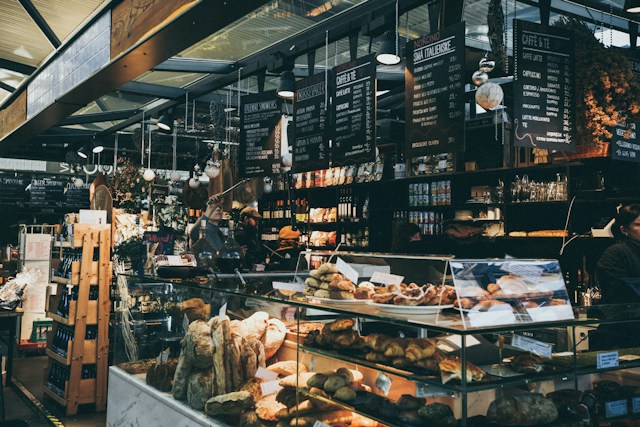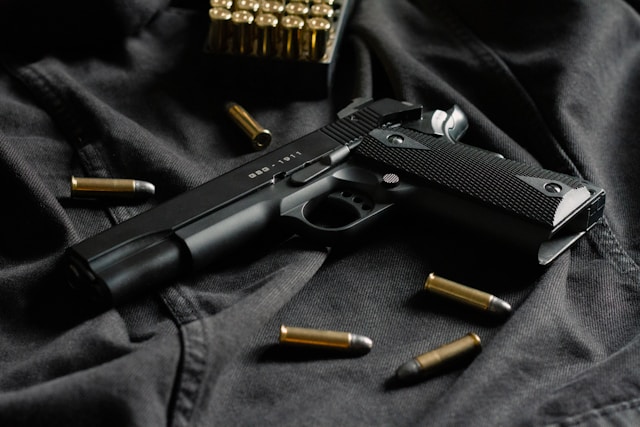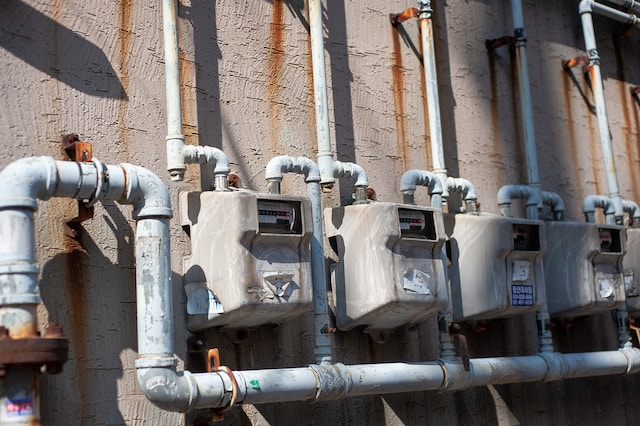Bakery cases are essential for preserving the freshness of your bakery or patisserie’s products and presenting them in a visually appealing manner to customers. But how do you know which refrigerated bakery case is best for your business? There are many factors to consider when purchasing a bakery display case.
Size
When choosing the proper bakery case for your bakery, it’s essential to consider how much space you have available and what kind of products you want to display. You’ll also need to decide whether you want a refrigerated or dry case. If you need both, a dual-zone merchandiser can offer refrigerated and ambient sections to keep your products at their best. A refrigerated bakery case often features curved glass fronts, eliminating glare and reflections to boost visibility. They also have specialized shelving to keep your products organized and attractive. Forced air display cases use fans to circulate cold air throughout the cabinet, keeping your products cool. These are ideal for prepackaged and certain deli items. However, air movement can dry out some products if left in the case for too long.
Style
The style of a bakery display case can also make a difference in how eye-catching your desserts look to customers. Whether you want a curved glass or straight, choose a style that works well with your establishment’s decor and helps your products stand out in the showcase. Food display cases with curved glass offer a sleek, attractive appearance that can minimize glare and reflections on the shelves. They may also be a safer option than straight glass as they are less likely to shatter when impacted by customers. For restaurants with limited floor space, a countertop bakery case allows you to merchandise your baked goods without taking up too much room. These cases typically feature a refrigerated side to hold cold deli items and a non-refrigerated side that is ambient. Some models offer a combination of dry and refrigerated shelving for an all-in-one solution. They use forced air or gravity coil refrigeration and come in various styles.
Temperature
Refrigerated bakery cases are designed to keep baked goods at a constant cool temperature, keeping them fresh and appealing to customers. They also come in various styles, with straight and curved glass options. The main difference is aesthetics; curved cases offer a sleeker look and can reduce glare and reflections, making it easier for customers to see the products on display. However, they also tend to be more expensive than straight-glass displays. Whether or not your bakery case needs to be refrigerated depends on the types of baked goods you want to offer. Refrigerated bakery cases are typically designed to display dry and refrigerated foods, while non-refrigerated cases are used for bread, pastries, muffins, donuts, and other items that don’t require refrigeration. Refrigerated bakery displays use forced air or gravity coil cooling systems to keep food cold. Forced air showcases use fans to circulate cold air throughout the case, and they’re usually recommended for prepackaged items, bakery products, and certain deli foods.
Energy
The proper refrigerated bakery case can help boost impulse sales in various food service establishments, including coffee shops, convenience stores, grocery stores, and restaurants. These cases are available with different types of refrigeration, such as forced air and gravity coil. They also have different sizes and features that make them suitable for specific applications. For example, bakery display cases with plexiglass offer higher transparency than standard glass models and can reduce the risk of dangerous glass-shattering accidents. They also come with adjustable lighting to accentuate the visual appeal of your products. While non-perishable baked goods can be stored in dry bakery display cases, refrigerated cases are ideal for merchandising items like cheesecake, fruit pies, and mousses, which require cold temperatures to maintain their texture. The best option for your business depends on the type of food you sell and your budget. In addition to choosing a case with the right temperature and size, look for one that offers energy efficiency to save on operational costs.











